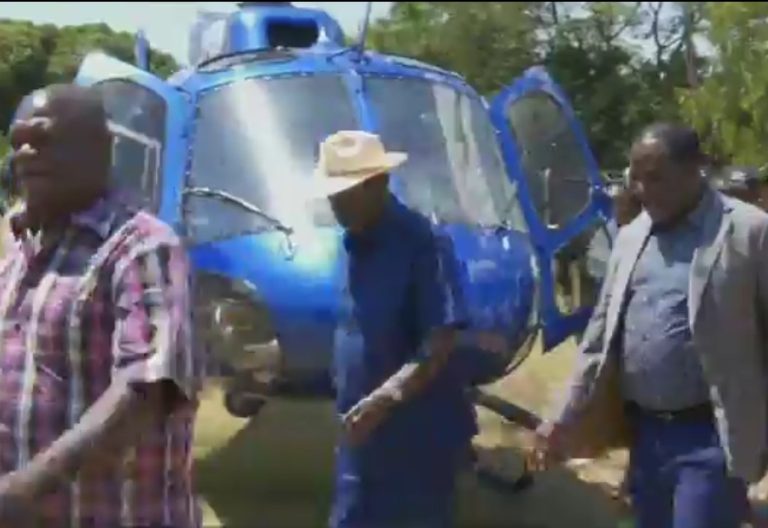The lost glamour in celebrity burials
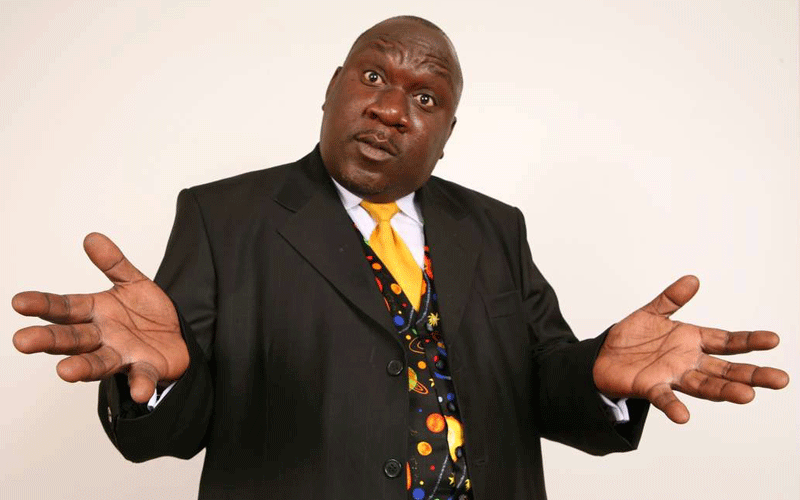
Since Covid-19 struck home, the government laid down strict procedures on how burials would be conducted, as a way to curb the disease spread. But for fans of entertainment celebrities, this has been a bitter pill to swallow, writes Adalla Allan
The recent scenes at the funeral of iconic Kenyan actor and comedian Charles Bukeko aka Papa Shirandula left many fellow actors and art industry players heartbroken.
It was a clear show of how the Covid-19 pandemic have not just ravaged the art industry, but also the elaborate celebrity send-off culture as we knew it.
In normal circumstances, a huge gathering from across diverse cultures would have been present at his home to give Papa a deserving send-off, being the man of the people he was—as eulogised by his family, colleagues and friends.
Nevertheless, due to the Covid-19 blow, life has taken a 360-degree turn and masses have been made to embrace the new normal.
A picture of a grieving Kenneth Gichoya, also known as Njoroge in the Papa Shirandula TV show, at Bukeko’s graveside went viral on social media, eliciting a lot of emotion from the fan base.
Gichoya says the three days between Papa’s death and his burial were not enough to mourn a “friend” he met at the Kenyan National Theatre in 1998.
“It was so painful that the Health ministry could not allow us to even view the body of Bukeko in the coffin during his funeral.
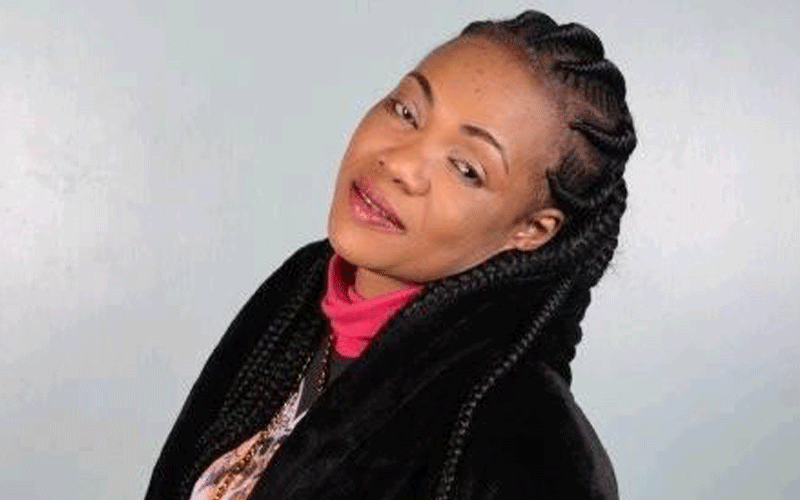
My connection with Bukeko was not just linked to work, but he was also like my big brother who could solve my family problems whenever I had a skirmish with my wife,” he said.
Because Bukeko had tested positive for the novel coronavirus, our detailed African burial culture was pushed into the back banner by the measures imposed by the government to curb the pandemic.
Only a handful of people were allowed to attend his burial, a thing that continues to hurt industry players.
Undeserved send-off
Comedian Kazungu Matano alias Otoyo, says Papa played an important role in the lives of many players in the entertainment industry, and that he did not deserve the send-off he received.
He adds that it is through the Papa Shirandula show that many actors and comedians found a footing in their entertainment careers.
“During normal times, we would have taken more than a week to mourn Bukeko.
We would have held a vigil at the Kenyan National Theatre where it all began, and light candles overnight.
We would have sung, danced, cried and eulogised till morning. We would have held a disco matanga till dawn,” he says.
He adds that the convoy to Papa’s home in Nanderema village, Busia county, would have caused an immense traffic.
“The village would have been at a standstill for the two days that we would have been there.
The funeral would have been a whole day affair and the industry players and top politicians would have been in attendance.
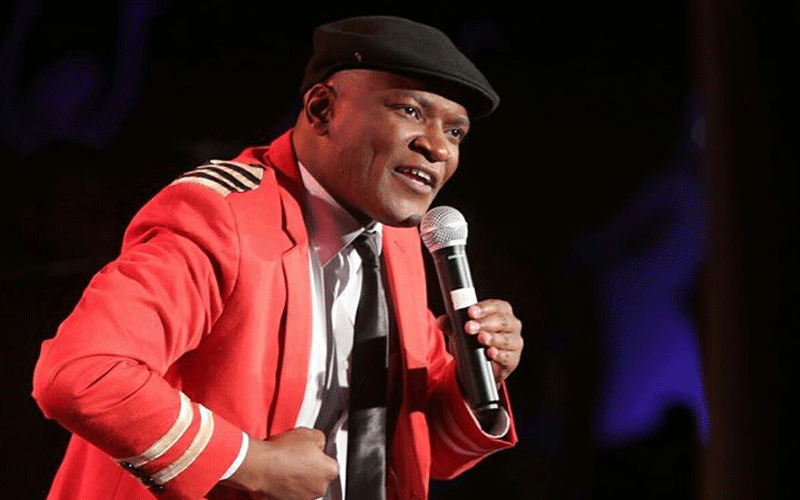
During normal times, Papa would have been alive.
“But these are not normal times. We are living in a new normal where the numbers are minimised, time is limited and days have been reduced,” Otoyo lets out.
The new normal has not only affected the burial rites for the celebrities that have succumbed to Covid-19.
On July 4, Churchill Show comedian Joseph Musyoki Kivindu aka Kasee was buried in a similar way as Bukeko, although he didn’t die of the highly infectious respiratory disease.
Kasee’s body was found lying by the roadside in Kinoo, Kiambu county, a day after he had gone drinking with friends.
According to the Comedians In Kenya Society chairman Ken Waudo, the comedian died from poisoning, as revealed by an autopsy on his body.
Comedian Moses Kiema was among the few people who attended Kasee’s burial at Matuu, Machakos county.
He says the much-loved rib cracker deserved a better send off. He laments that not even a single villager was allowed to view his body before he was hurriedly interred.
“At Kasee’s burial, we received a cold reception and discrimination from the villagers owing to the belief that Nairobi is a hotspot for Covid-19.
Burials are now taken like a session; by about an hour we were through with the burial since the area chief was so strict on the timelines and all other Covid-19 control measures,” he tells Spice.
Legends not spared
Similarly, legendary Zilizopendwa musician John Nzenze, who died of prostate cancer in May, was buried the same way.
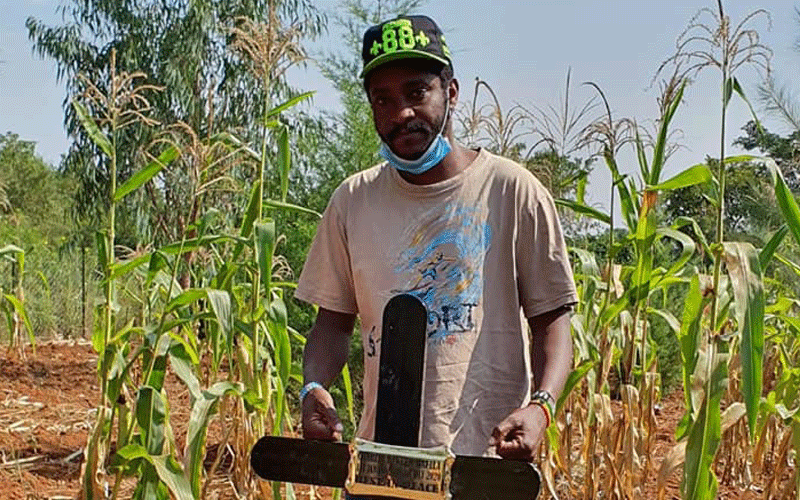
Many of Nzenze’s fans—who defined him as one of the greatest contributors of the Kenyan music industry—felt that the iconic music legend deserved a better final journey.
Nzenze hailed from western Kenya where burials are deemed important rites of passage in the Luhya community, especially for a person of his stature.
But due to the Covid-19 pandemic, that part of the culture was ignored to the letter.
“The mourning and viewing of the body symbolise the last respect to the dead and brings peace to the loved ones after verifying that the body belongs to them,” says Christiano Limiti, a Luhya elder.
However, some fans have in recent instances shown to dictate the direction the final send-offs for their favourite celebrities would take, totally defying every set guideline from the Ministry of Health.
This was evidenced in the burial of Ohangla artiste Maureen Achieng popularly known as Lady Maureen on July 18 in Suna West, Migori county.
Although the musician didn’t die of coronavirus related ailments, the police officers deployed to maintain law and order were left a helpless lot, as controlling the mammoth legion of mourners became a herculean task.
In a scenario commonly witnessed during send off ceremonies, especially of a popular Luo personlities, the thousands of mourners donned Gor Mahia football club jerseys, blew vuvuzelas, played drums, wailed, honked cars and motorcycles, sung and danced.
This, they said was the only proper way they knew to mourn the Gor Kogalo hitmaker.
Jared Abong’o aka Jaro Soja, an avid Gor Mahia FC diehard fan, said they had to bury the singer the way they deemed best fitted her, since her jam Gor Kogalo kept the team spirit alive.

“No one has kept the Gor Mahia spirit alive more than Lady Maureen. She deserved a warm send-off since she was a top fan of Gor Mahia and a great musician. May her soul rest in peace,” says Soja.
It was, however, a different case for another Ohangla musician Bernard Obonyo alias Abenny Jachiga, who was buried by policemen at the dead of the night at Kadiju village in Chiga, Kisumu East sub-county.
Only his younger brother was allowed to witness the burial. His distraught mother was forced to sit on the late musician’s grave to block angry mourners (who wanted to burry it “properly”) from exhuming the body.
Psychological effects
Counsellor and culture psychologist Fredrick Owade says the directive by the government to conduct a burial within three days after a death is a slap on the bereaved’s face.
“I admit that Covid-19 is real and a big threat to human lives, but the three days set for grieving and the burial is a big joke. Psychologically, it leaves the bereaved traumatised, because one needs adequate time to process the loss of a loved one.
We cannot tend to rush the natural process of grieving,” he says. He adds, “Africans have their own cultural and respectful ways of sending off their loved ones.
The Health ministry should look into ways of adjusting this matter because during death, it is not only the direct family members that are affected, but also other closer colleagues (and friends and fans) who are left with a huge task of accepting the loss by having not attending the burial,” says Owade.
However, the Internet has been handy during this pandemic period, as many have embraced it as a means to live stream burial proceedings on different social media platforms.
But Owade feels that social life without the physical gathering part of it is no longer “social”, and there is no way social media would substitute the impact of people’s physical presence.








